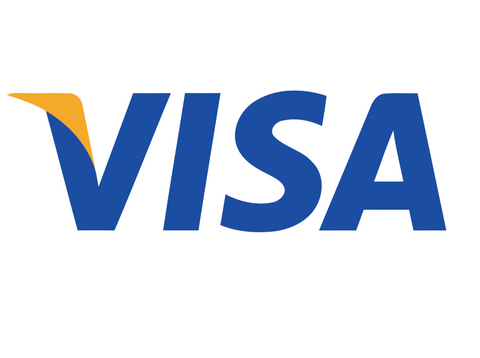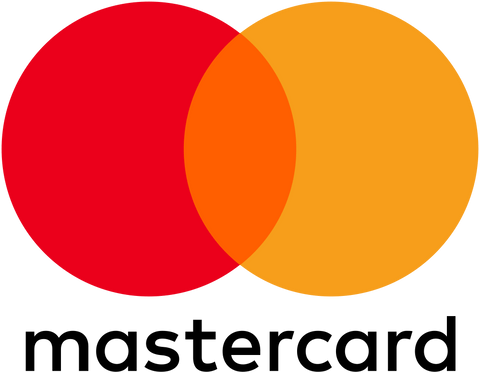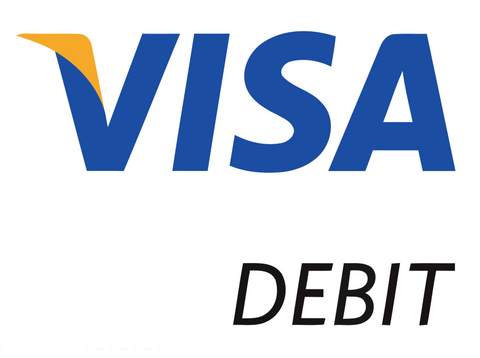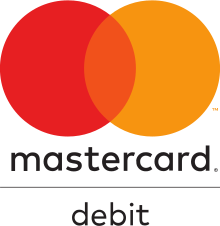Shopping For Legal Cannabis
Ask a Bud: How to Become a Budtender
Ever wondered what it takes to be a budtender? We spoke to the folks who sell legal cannabis professionally to see what makes this job great. Here’s what you need to know about working as a budtender.
“The absolute best part of the job is having a new or casual consumer leave with a positive customer experience.”

Tylor Methot
Budtender, Sessions Cannabis
If you’d like to work in the retail cannabis industry in Ontario, becoming a budtender might be a good way to start. As employees of Authorized Cannabis Stores, budtenders are responsible for working with customers to help them find the right cannabis products.
Typical budtender duties
- Helping customers select cannabis products
- Knowing and enforcing compliance protocols and regulations
- Managing product inventory
- Researching new products
- Understanding different formats and their onset of effects
- Knowing about the cannabis plant and its components, such as cannabinoids and terpenes
- Conducting purchase transactions
What traits make someone a great budtender?
Budtenders need to be able to deliver exceptional customer service while also being effective at retail sales. They need a robust knowledge of the cannabis plant and how it works in the body, applicable laws and regulations, and current product offerings.
For a budtender to do their job effectively, they need to understand their customers’ preferences and suggest product options that best suit them. Customers range from those who have zero experience with cannabis to canna-connoisseurs, so budtenders need to be savvy about all kinds of products and their effects.
“Honesty and patience” are key to Tylor Methot’s budtending work at Sessions Cannabis in Port Colborne, Ont. “Nothing can sour a customer’s experience like the feeling they have not been listened to or being left with an uneasy feeling that stems from a lack of honesty from their budtender,” he says.
A successful budtender has truthful and open rapport with customers first and foremost. But assisting a patron in finding a cannabis product that’s a perfect fit can also be fun, challenging and rewarding.
“The absolute best part of the job is having a new or casual consumer leave with a positive customer experience where they’ve felt welcome, listened to and guided toward products they can feel comfortable and confident [consuming],” says Methot.
What skills do budtenders need?
- Customer service
- Product knowledge
- Communication
- Multi-tasking
- Professionalism
“I think someone who is honest and approachable makes a good budtender,” says Kristina Behnecke of True North Cannabis Co. in Hamilton, Ont. She says the relationships you build working as a budtender are invaluable in the cannabis industry.
“My favourite thing about being a budtender is the relationships and connections you're making on a daily basis. From customers and co-workers to sales reps — you meet so many cool people, and many of them become regulars. There’s always someone to look forward to!” says Behnecke.
What’s challenging about working as a budtender?
The quantity of product offerings can be difficult to stay on top of as a budtender. Ontario has hundreds of different items across product categories, and new and innovative products come to market all the time.
“I speak with integrity when it comes to cannabis. I prefer to recommend the things I have actually tried. Having to sell so many items without being able to try them all is challenging,” says Behnecke.
Methot notes that he uses as many sources of information as possible, including social media, and keeps up to date by looking at OCS product releases, and talking with Licensed Producers and other people in the industry.
“I try to keep up with the weekly emails from reps, and I keep up with OCS newsletters,” Behnecke says. “I also talk to brand reps when they are in about what to look for on the next drop. Reddit is a good place to catch up on stuff — someone always knows what's up.”
Methot says he finds it difficult to help customers find what they’re looking for within the current potency limits of legal edibles. Ontario consumers who choose to shop legal can select from nearly 4,000 products. With so much innovation, there’s lots of selection to help transition people from the illegal market.
What kind of training do budtenders need?
The Alcohol and Gaming Commission of Ontario (AGCO), which regulates the sale of cannabis in the province and sets operational standards for stores, requires anyone working in a cannabis retail store to have completed the CannSell certification program.
The course is made up of online modules designed to provide in-depth knowledge about cannabis, its effects, safe methods of consumption and associated risks. The CannSell Standard course was created in partnership with MADD Canada to promote safer consumption of cannabis through education.
CannSell Standard certification is the only training program required for individuals working in Authorized Cannabis Stores in Ontario. All retail store employees, including store managers and retail licence holders, need to complete their CannSell certification before their first day of work. Applicants can make two attempts to gain a passing grade of 80% or they will need to pay an additional cost to retake the exam.
Do you need to get your CannSell certification before applying to a budtender job?
Not necessarily. Some jobs will require you to have the certification prior to applying, but other stores might be willing to front the program cost for the right budtender.
“As a hiring manager, I feel that if you really wanted to be in the industry, you would have no issues getting the certificate required — it really is meant for people who have a passion for cannabis,” says Behnecke. “I prefer to hire people who already have their CannSell, but it's not always a prerequisite.”

Kristina Behnecke
Budtender, True North Cannabis Co.
“I speak with integrity when it comes to cannabis. I prefer to recommend the things I have actually tried.”
What other training do budtenders go through?
While the CannSell program is required, there are additional learning opportunities that help keep budtenders sharp and at the top of their game. For example, budtenders attend Licensed Producer–specific pop-ups and product knowledge sessions, and complete digital training.
“Self-guided and continuing education and training shouldn’t be underestimated,” says Methot. “With an expanding selection of cannabinoids being featured in more and more products on the market, understanding those cannabinoids helps ensure customers have proper expectations and confidence when purchasing and consuming those products.”
Future careers for budtenders in the cannabis industry
Budtenders looking to advance their work in the cannabis industry will find many options for career advancement. Working as a budtender, individuals learn about cannabis products, extraction processes and plant biology, discover brands and make important contacts needed to succeed in the industry. That education and those connections could lead budtenders to pursue careers in any sector of the cannabis industry, in roles such as territory sales director, product specialist, retail manager or even store owner.
“Budtending was my starting point for getting into business management within the cannabis industry,” says Behnecke. “I am now a senior store manager with two locations under my belt. Things can only go up from here!”







